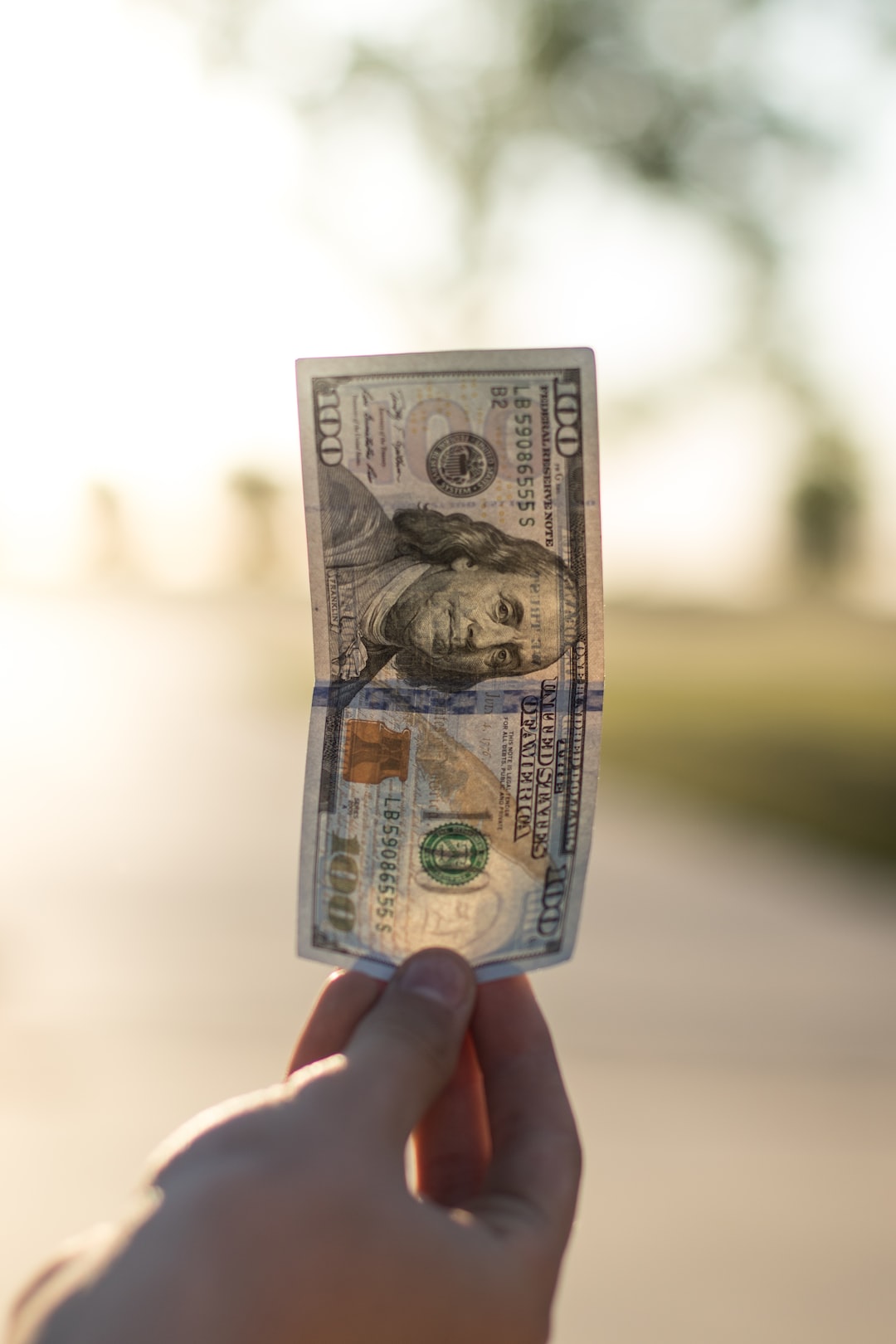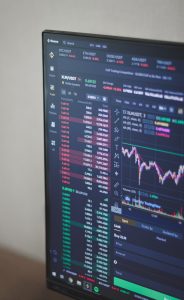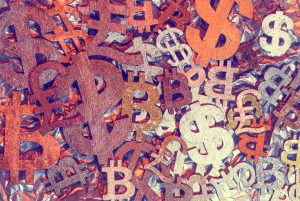The foreign exchange market, also known as the forex market, is the largest financial market in the world. It is a decentralized market where currencies are traded 24 hours a day, five days a week. The forex market is highly volatile and can be influenced by a number of factors, including economic news, political events, and central bank policies. As a result, governments may intervene in the forex market to manage their currency’s value and stabilize their economy. In this article, we will discuss the different ways in which the government may intervene in the forex market.
1. Direct Intervention
Direct intervention is when the government buys or sells its own currency in the forex market to influence its value. For example, if a government wants to strengthen its currency, it may buy its own currency in the forex market, which increases demand for the currency and drives up its value. On the other hand, if a government wants to weaken its currency, it may sell its own currency in the forex market, which increases supply and drives down the value of the currency.
2. Indirect Intervention
Indirect intervention is when the government uses policies or regulations to influence the forex market. For example, a government may increase interest rates to attract foreign investors, who will then buy its currency, increasing its value. Alternatively, a government may impose capital controls to limit the flow of money in and out of the country, which can help stabilize its currency.
3. Currency Pegging
Currency pegging is when a government sets a fixed exchange rate for its currency against another currency or a basket of currencies. This means that the government will buy or sell its own currency in the forex market to maintain the fixed exchange rate. For example, if a government pegs its currency to the US dollar, it will buy or sell its own currency to maintain the value of its currency at a fixed rate against the US dollar.
4. Forex Market Intervention Committees
Some governments have established committees or agencies to oversee forex market intervention. These committees may include representatives from the central bank, finance ministry, and other government agencies. The committee may meet regularly to discuss forex market conditions and decide on intervention strategies.
5. Communication Policies
Governments may use communication policies to influence the forex market. For example, a government may release statements or hold press conferences to signal its intentions regarding its currency. This can help manage market expectations and prevent sudden fluctuations in the currency’s value.
In conclusion, the government may intervene in the forex market in a number of ways to manage its currency’s value and stabilize its economy. These interventions can range from direct intervention, such as buying or selling its own currency, to indirect intervention, such as using policies or regulations to influence the forex market. Currency pegging, forex market intervention committees, and communication policies are other ways in which the government may intervene in the forex market. However, it is important to note that forex market intervention can have unintended consequences and may not always be effective in achieving the desired outcome.





